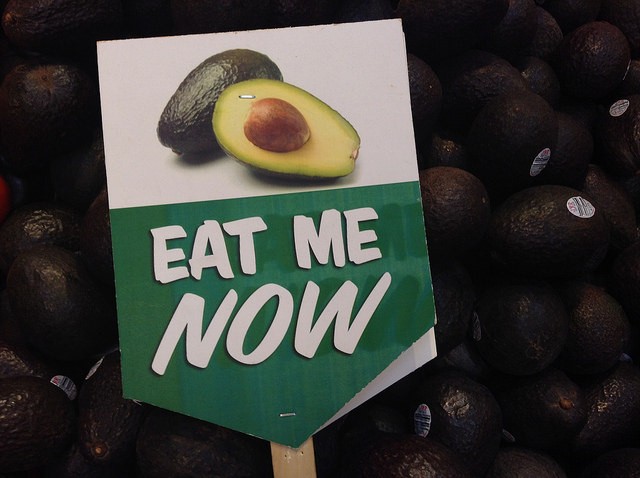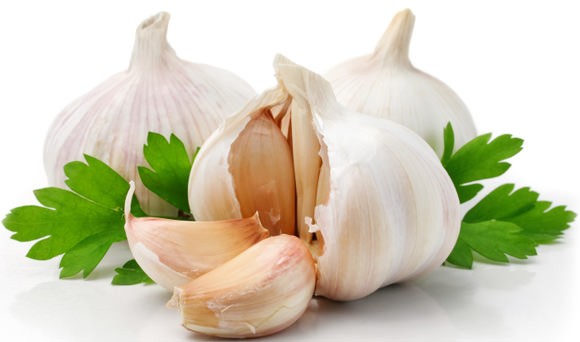About ten years ago, when people started to go vegan they used to face some challenges when it came to replace food they used to eat with vegan alternatives. However, by now there are so many ways to replace animal products by very delicious and healthy options that going vegan has been made really easy in comparison to earlier years. In fact, there was something that was a bit tricky to replace which were eggs. However, in 2015 there was something which was nothing short but a breakthrough or a home run: It was the “invention” of the perfect egg replacement which had not been accomplished by a famous cook but by a software engineer which made the story even more explosive. Even entire FB groups have been built up ever since to discuss this food sensation which has become extremely popular.
“Vegans are, by necessity, a creative bunch. They grind almonds for milk and spin soy into cheese, ice cream and even some passable meat substitutes.
But replacing the egg, in particular the egg white, has proved especially tricky. The egg is a natural miracle, a combination of water and proteins that has proved all but impossible to mimic without turning to a chemistry set of industrial powders.
As a result, many vegans lived for years without the culinary wonders that egg whites produce. No pretty pastel macarons. No meringues. No angel food cake.
Then, in 2015, came a breakthrough: Goose Wohlt, an Indiana software engineer who had recently become a vegan, was charged with coming up with a way to make vegan meringues for the family’s Seder. An inveterate tinkerer — before food, his obsession was antigravity — he set to work, scouring the literature on proteins, starches and vegetable gums.
One night, his wife mentioned that she had seen a video of two French cooks using the liquid from a can of chickpeas to make chocolate mousse. He decided to try the technique for meringues.
Bingo. The liquid whipped up instantly into a snowy white foam. When he added sugar, it turned shiny and glossy, just like egg whites. In March, Mr. Wohlt, 41, posted his discovery to a Facebook group called “What Fat Vegans Eat,” and caused a small sensation.
Vegan meringues were not only possible, but a cinch. And the secret was something that cooks often pour down the drain. Mr. Wohlt named his magic ingredient aquafaba, combining the Latin words for water and bean mayonnaise called Fabanaise.
“It’s a home run,” said Adam Kaye, the culinary director of Blue Hill at Stone Barns, who first used whipped aquafaba for wastED, the restaurant’s 2015 pop-up. “It’s delicious but it’s also something anyone can do. You don’t need to be Ferran Adrià.”
To understand aquafaba, first you need to examine the egg. The yolk, according to Harold McGee’s culinary-science book “On Food and Cooking,” is a bag of water containing free-floating proteins and aggregates of protein, fat and cholesterol, which give it an extraordinary ability to emulsify and enrich.
The white is about 90 percent water and 10 percent protein. When whipped, those proteins unfold and bond together, trapping the air bubbles created by the whisk. This is what allows for relatively long-lived foams and, ultimately, delights like meringues, soufflés and angel food cakes.
Before aquafaba, the most prominent egg-foam replacers were bubble-making agents such as baking powder or a mixture of baking soda and vinegar, or thick bubble-retaining whole foods like applesauce, mashed bananas and ground chia seeds. The problem was that none of these substitutes could do everything an egg could. You can’t make a meringue out of mashed bananas.
Commercial egg replacers, like Ener-G, offered a second option. Made from a mix of refined starches and leaveners, they allow cooks to make egg-white desserts, but many vegans complain that they taste like cardboard. The egg replacers also have to be cooked, so they don’t work, say, in a whiskey sour.”
Read the full article at nytimes.com!








This is very interesting and I will give it a try with the Meringue
Thank you
Anna Tamburri read this. So cool!
Wow that is cool!! Gotta try that x